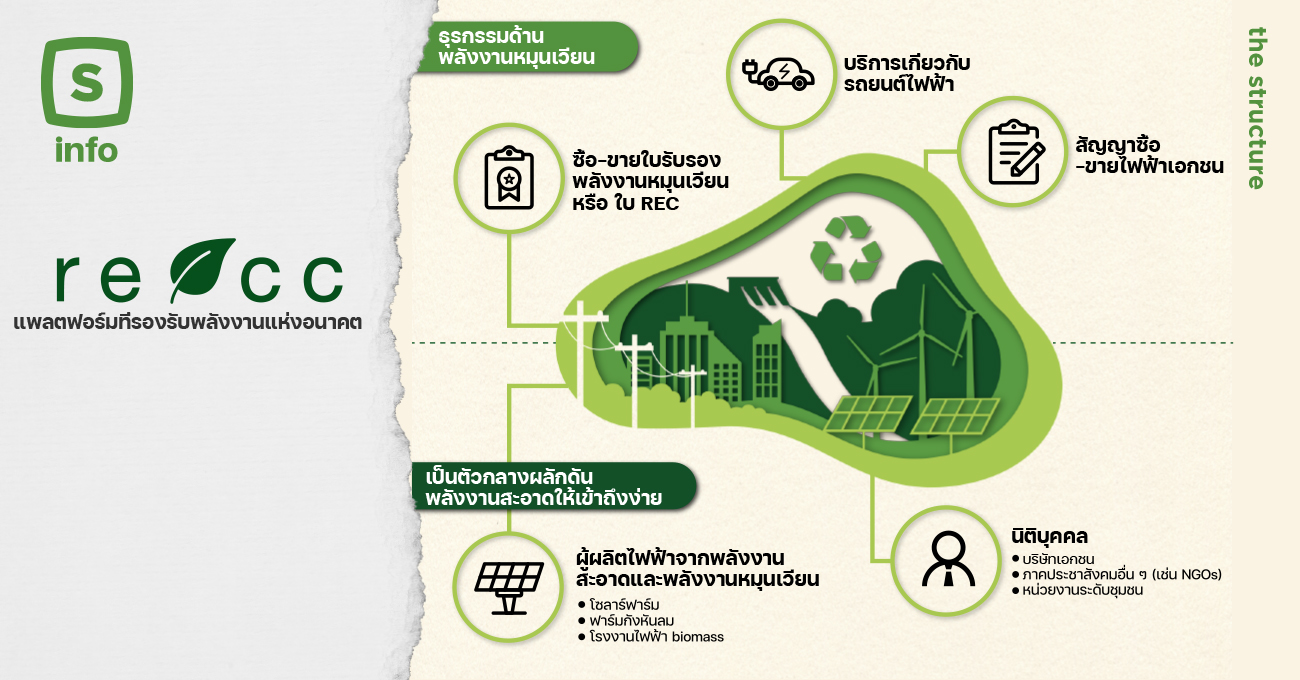The Role of carbon credit in ESG
Carbon credits play a crucial role in advancing Environmental, Social, and Governance (ESG) goals by enabling companies to offset greenhouse gas emissions and reduce their environmental impact. Each carbon credit represents the reduction or removal of one ton of carbon dioxide (CO₂) or its equivalent from the atmosphere. By investing in carbon credits, organizations can compensate for emissions that are difficult to eliminate through direct operational changes, aligning with sustainability and environmental objectives.
Examples of Carbon Credit Initiatives in Asia
Singapore’s Climate Impact X (CIX): Singapore has developed Climate Impact X (CIX), a global marketplace for carbon credit trading. This platform allows businesses to purchase verified carbon credits from forestry conservation and renewable energy projects worldwide.
However, it is crucial for companies to ensure that the carbon credits they purchase are credible and effective. Engaging with recognized carbon credit programs and adhering to strict standards is essential to avoid potential pitfalls such as greenwashing—where companies claim to be environmentally responsible without making a real impact. Integrating carbon credits into a company’s ESG strategy not only supports achieving Net Zero emissions but also demonstrates a strong commitment to environmental responsibility.


References
Seneca ESG – Explanation of carbon credits and their role in ESG reporting.
https://senecaesg.com/insights/carbon-credits-explained-in-markets-and-esg-reporting/
Carbon Engineering – Discussion on how carbon credits contribute to achieving ESG goals.
https://www.carboneg.com/blog-en/the-role-of-carbon-credits-in-achieving-esg-goals
ISS Insights – Overview of carbon credits and associated controversies in the context of ESG.
Carboncredits.com, coin telegraph, Crypto star – Case study
https://cointelegraph.com/news/carbon-credit-nfts-are-only-effective-if-burned-experts-say
https://carboncredits.com/the-top-5-carbon-crypto-companies-to-watch-in-2023/
Climate impact X– Case study
https://www.climateimpactx.com/
ReAcc – renewable energy in Thailand – Case study
https://www.reacc.io/
The Role of Blockchain in ESG & Carbon Credit
The Role of Blockchain in ESG & Carbon Credit May...
The Role of carbon credit in ESG
Carbon credits play a crucial role in advancing Environmental, Social,...
What is ESG? And why does it matter for business?
ESG stands for Environmental, Social, and Governance — a framework...



